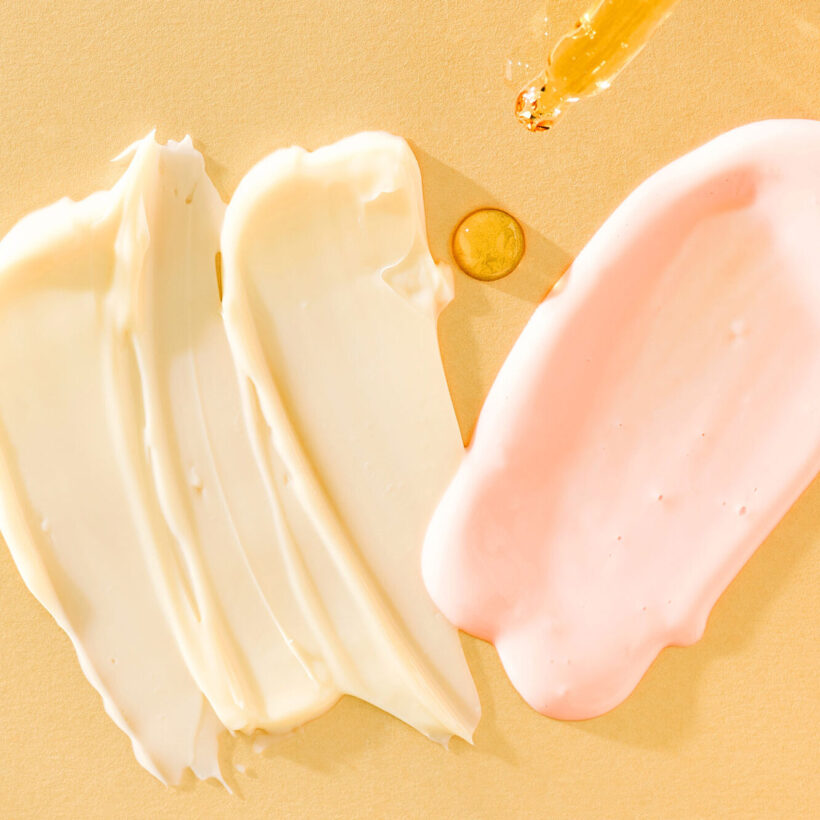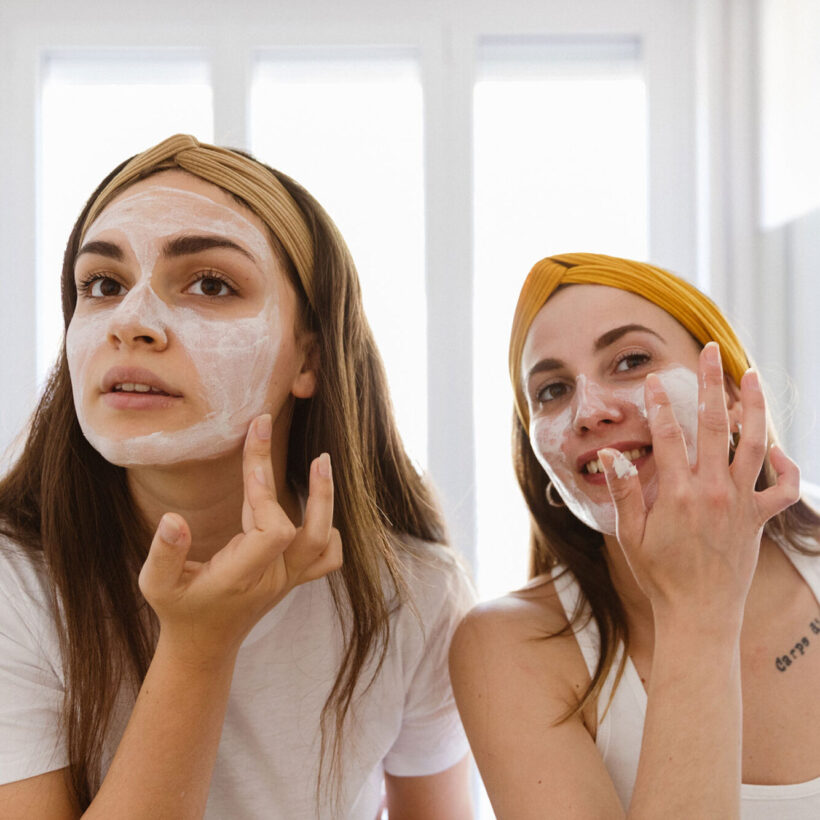Vitamin C has positioned itself onto the skincare all-star team. The antioxidant is well rounded and will equally impress with its strengths (and limited weaknesses). With a growing demand — Pinterest saves for vitamin C serum were up 3,379 percent at the end of 2017 — the skincare product is overflowing the beauty market. In fact, consumer research suggests the cosmetic antioxidants market will grow from $109 million in 2017 to $150.9 million by 2023.
But, why, when the ingredient has been around since Dr. Albert von Szent-Györgyi Nagyrápolt won the Nobel Prize for his discovery of the link between scurvy and vitamin C deficiency in 1937, is everyone flocking to this ingredient now?
Because it works.
Vitamin C
Vitamin C, also known as ascorbic acid, is an antioxidant that fights free radicals. Vitamin C reduces damage to the skin caused by UV rays and environmental factors. There are many forms of Vitamin C.
Vitamin C should be used by anyone who gets frequent sun exposure and for people who have fine lines and wrinkles. It helps with brightening dull-looking skin and discoloration, reducing the appearance of surface redness. Vitamin C works as a shield against environmental stresses and sun damage.
Apply Vitamin C in the morning and evening, especially over the summer months when you have more sun exposure.
C.E.O. 15% Vitamin C Brightening Serum and C.E.O. Glow Vitamin C and Turmeric Oil.
What is it?
“Vitamin C is the most abundant skin antioxidant,” says ASDS Cosmetic Dermatologic Surgery Fellow Amanda Suggs, M.D. Humans lack the necessary enzyme, L-glucono-gamma lactone oxidase (which plants and animals have), to synthesize the ingredient for vitamin C’s superstar effects. “Just as vitamin C is essential in our diet,” says Suggs, “it is also essential for our skin.” To replenish the body, eat leafy greens and citrus, take oral supplements or use topicals. For its skincare properties, topicals are the best to see the sought-after results.
What does vitamin C do for your skin?
UV Protection
Over the years, the skin will lose more and more of the vitamin C antioxidant. According to Suggs, the ultraviolet rays and environmental factors exhaust the skin’s supply. Combined with constant exposure to UVA and UVB rays, the skin will begin to show signs of photoaging. UVA rays can lead to premature aging and skin cancer, while UVB rays can lead to sunburn and superficial damage of the epidermis, as well as skin cancer. Studies show that vitamin C skincare, in conjunction with sunscreen, can reduce the effects of UV rays.
Collagen Production
“Vitamin C is one of the best-studied vitamins for anti-aging,” says Suggs. Collagen produces elasticity in the skin and works to prevent fine lines and wrinkles, but collagen production declines with age. Talk of collagen is so pervasive in the beauty industry that research suggests that by 2023 the global collagen market is expected to rise to $9.37 billion. The demand for repairing collagen is real, but many may not know that this is one of the vitamin C benefits for skin. “Since the vitamin also helps with collagen synthesis,” says Suggs, “it can combat some of the signs of aging by improving fine lines and skin firmness.” Pair with a supplement for increased results.

Hyperpigmentation
No one wants to hear the term discoloration when it comes to the face. Flawless complexions inspired by the world of Instagram are everywhere. But hyperpigmentation is quite common, ranging from the common freckle to more serious sunspots. Regardless of the type, all hyperpigmentation is caused by an increase in melanin, which causes the skin to look darker than the surrounding areas. “Vitamin C helps to brighten the skin by reducing pigment, therefore, giving the skin a more even tone,” says Suggs. But, how does it work? Vitamin C impedes an enzyme called tyrosinase, which leads to a decrease in melanin production. No melanin production, no hyperpigmentation.
How should you use it?
Suggs recommends vitamin C in most adult skincare regimens, as it stimulates collagen and can help protect from free radicals and the sun. Reach for products — Suggs prefers vitamin C serums — with a high concentration (up to 20 percent) to see the best results.
Vitamin E is a great choice to incorporate with vitamin C skincare. When the two are combined, it gives the skin stronger UV protection and enhances the working properties. Just remember, while the vitamin C benefit for skin is great, it does not replace sunscreen, which should be applied every morning.
What is the best form of vitamin C for skin?
The beauty market has answered the demand for vitamin C two-fold, but not all products are created equal. When looking to add a vitamin C serum or cream into one’s skincare routine, first determine what type of vitamin C is in the equation. L-ascorbic acid is the biologically active form, says Suggs, but also the most unstable, which can lead to shorter shelf life and increased skin sensitivity. This form is also water-soluble and does not penetrate past the upper levels of the epidermis.
THD Ascorbate is a stable form of vitamin C. As a derivative of vitamin C, this form is oil-soluble and reaches deeper into the skin. “THD ascorbate is thought to have more skin penetration given its lipid-soluble properties,” says Suggs. And, since it is stable, it will not break down with heat, air, moisture or light for 18 months. In Japan, three percent of THD ascorbate is considered a quasi-drug, but many products have upwards of 20 percent. While stronger concentrations are effective, 20 percent can be harsh on the skin, but 15 percent is a safe and effective amount.







